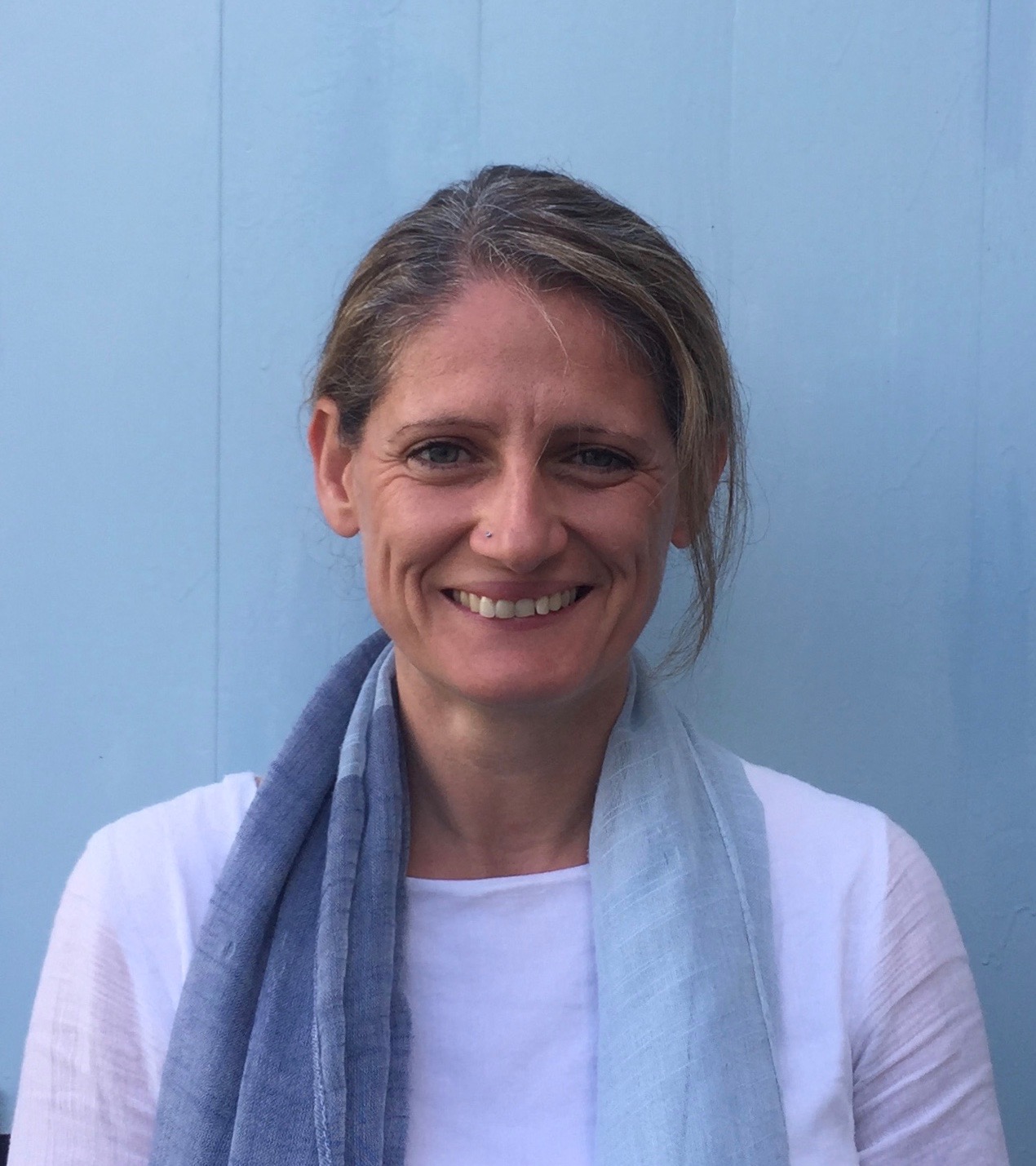CMM Seminar Series | Professor Arne Akbar, University College London
Professor Arne Akbar, UCL
Lecture Theatre C42, Biomedical Sciences Building
Research summary
The main scientific focus of my group is the study of human T cell differentiation and longevity and whether end-stage differentiation can lead to the loss of immunity in ageing humans. Key landmarks that have been made by my group on T cell differentiation in the last 20 years include the first use of CD45R isoforms to identify primed and unprimed subsets of human T cells, the initial observation that memory populations of T cells are susceptible to apoptosis and have to be rescued by cytokines, dysfunctional apoptosis can lead to chronic inflammation and more recently, the potential role of telomere erosion in limiting human T cell memory to viruses. Throughout this time my group developed important new technologies such as 2 and 3-colour Flow-FISH which allows measuring of telomere lengths in different cell populations using flow cytometry. Furthermore, work that was aimed at understanding co-stimulatory molecule expression during CD8+ T cell differentiation involving a close collaboration with Drs. Alastair Lawson and Helene Finney at Celltech plc. resulted in the development of unique reagents. These constructs allow dissection of the complex array of signalling molecules and their respective roles in CD8 T cells subsets, specifically those close to end-stage differentiation. We are currently exploring mechanisms that regulate end-stage differentiation in primary human T cells.
My PhD project in Southampton was based on the study of human immunology and provided the initial impetus for the development of new human experimental models that has continued until the present time. My group was one of the first to describe the function of CD4+CD25+ regulatory cells in humans. More recently, we have used an in vivo deuterium labelling in young and old volunteers to examine turnover rates of regulatory cells in humans and demonstrate that regulatory T cells are highly proliferative and close to immune replicative senescence. Furthermore, we also find that this population is highly proliferative in the skin of healthy volunteers after antigen challenge in vivo.
Work from my group is funded extensively by the BBSRC. With support from the BBSRC Experimental Research into Ageing (ERA) initiative we developed and validated a new model for the study of a human memory T cell response in vivo. This involves the injection of a recall antigen (PPD) intradermally, followed by either the biopsy of the lesion for histological analysis of the immune infiltration, or the harvest of infiltrating cells using suction blister technology. The latter enables the functional and molecular analysis of infiltrating leucocyte populations. This work was published in the Journal of Experimental Medicine. My group has also used this model for investigating the behaviour of regulatory T cells in humans during an immune response in vivo. At the moment we are using this model to investigate the causes for defective secondary responses to antigen injection in the skin of older humans.
Institutional Profile: Professor Arne Akbar | UCL Division of Biosciences - UCL – University College London
A 'Tea with the Speaker' will follow this seminar, where Pathway 2/PGR staff and students are warmly encouraged to join in an informal discussion with the speaker following their talk.

Professor Arne Akbar University College London

Dr Laura Rivino